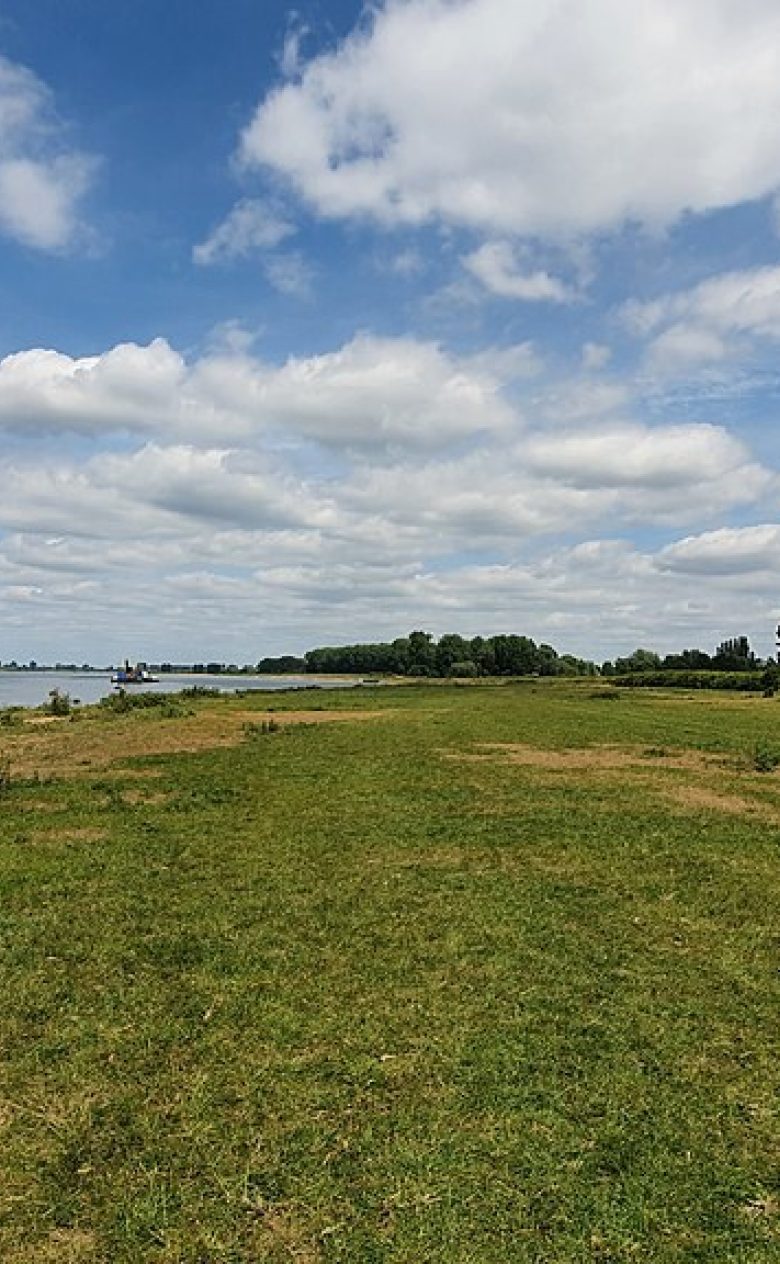Nature-based Solutions as cost-effective method to drive climate change adaptation
With Germany, Belgium and Turkey still reeling from historic floods, a new report outlines how Nature-based Solutions can help reduce the impact of such disasters across Europe.

Launched during World Water Week, a new report by Deltares, commissioned by WWF, finds that restoring European rivers to a more natural state and dynamics increases flood resilience in a more sustainable and economically viable way than traditional engineering solutions.
Economically viable
The Deltares report shows that when all benefits for water quality, nutrient retention and flood risk reduction are taken into account, large-scale floodplain and river restoration is more economically attractive than restraining the river with embankments. In Germany and Belgium, massive floods have devastated cities and villages and killed over 200 people this year alone.
According to estimates from the latest IPCC report, if global temperatures increase by 1.5°C or more compared to pre-industrial levels, heavy precipitation and associated flooding will intensify and become more frequent in most regions across the continent. Hence, space for rivers needs to be put on top of the agenda, as revival of old floodplains could prevent life-threatening situations.
However, over the past centuries, Europe has seen its natural floodplains drastically reduced, leaving major rivers little room when water levels rise. For instance, the Rhine and Meuse rivers, which overflowed their banks during the floods, have in some areas entirely lost their natural floodplains.
Incorporate nature-based solutions during recovery
Usually, in response to massive floods, governments invest in technical solutions, such as building higher dikes, to further regulate rivers. They disregard the most sustainable and in many cases economically most attractiv solution: making space for rivers. The EU Recovery and Resilience Facility, designed to help the economic recovery from Covid-19, stipulates that 37% of the EU fund must support the green transition, including climate adaptation, and biodiversity and ecosystems.
This offers excellent opportunities to incorporate nature-based solutions, such as floodplain revival, as a cost-effective method to drive climate change adaptation.


